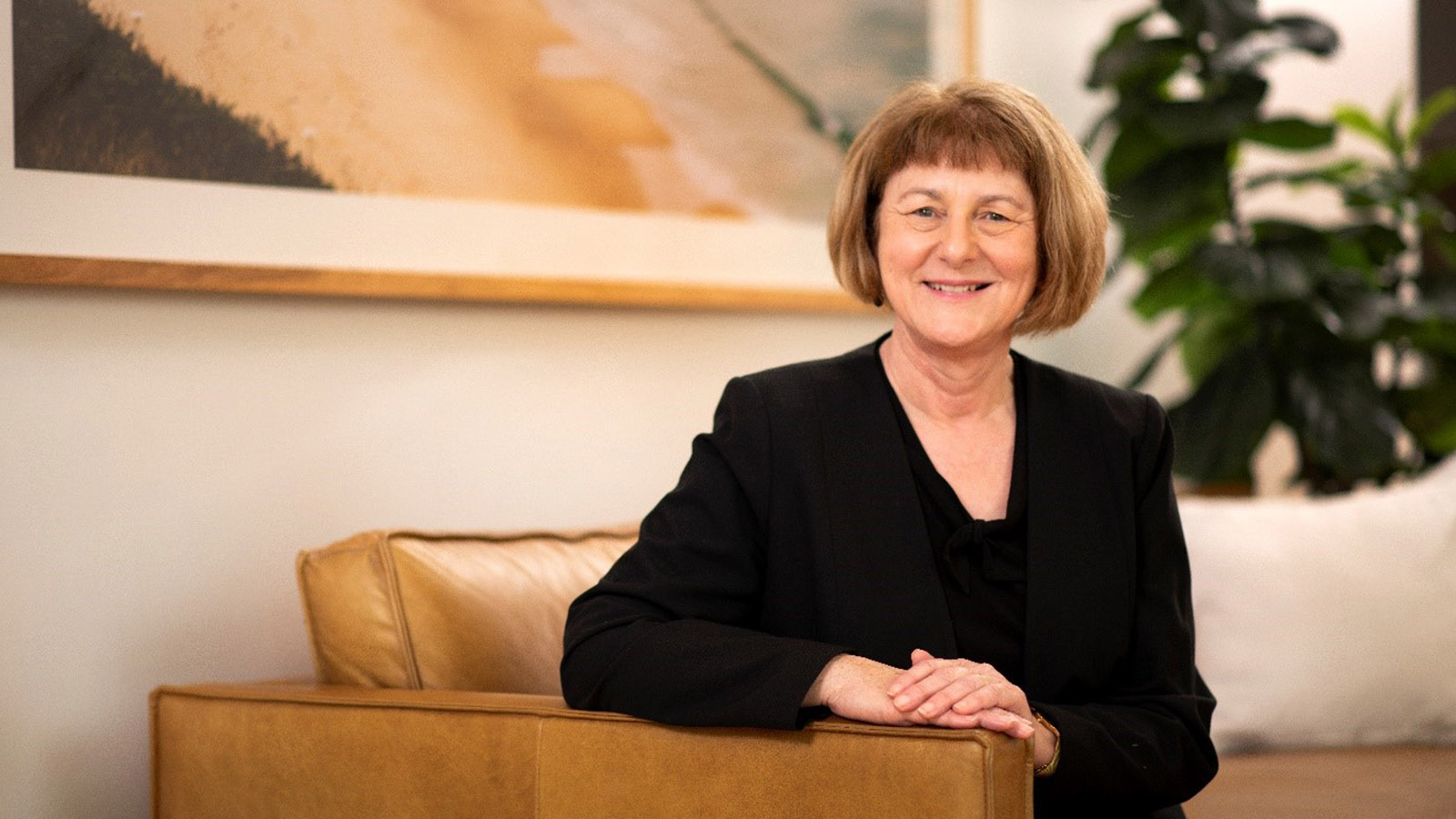January 30, 2024
UOW program to improve palliative care outcomes for residents in aged care wins Future of Ageing Award
Palliative Aged Care Outcomes Program recognised for leadership and innovation
The Palliative Aged Care Outcomes Program (PACOP) at the University of Wollongong (UOW) has won the 2023 Future of Ageing Award for Palliative Care, for its work to improve palliative and end-of-life care in aged care homes.
The Future of Ageing Awards recognise leadership and innovation across Australia and New Zealand’s aged care sectors. They bring together aged care providers, industry suppliers and individuals driving change to improve the lives of People receiving aged care services.
The Palliative Aged Care Outcomes Program was launched in 2021 in response to the findings of the Royal Commission into Aged Care Quality & Safety. The Palliative Aged Care Outcomes Program (PACOP) is an evidence-based, best practice model which supports aged care homes (ACHs) to provide the best palliative and end-of-life care possible for all residents, and facilitates systematic improvements in ACHs and across the residential aged care sector.
National Director of PACOP Professor Claire Johnson said she is honoured to have the work of PACOP recognised with a Future of Ageing Award.
“Our team has worked hard over the last few years to get PACOP to where it is and we’re delighted to be the recipients of this award,” Professor Johnson said. “It’s an honour to be recognised with other impressive leaders in the aged care space.”
Residential aged care is often a person’s final place of residence, with approximately 65,000 people in residential aged care homes dying each year.
The 2021 Royal Commission into Aged Care Quality & Safety identified the need for immediate action to improve the quality of care for residents who are dying in aged care homes and Professor Johnson said this is where PACOP plays a critical role.
“Our role is to help aged care homes and aged care organisations identify, understand and address the palliative care needs of their residents,” Professor Johnson said.
“We do this by helping aged care homes to embed the use of standardised outcomes assessments and tools, and to use the information gathered to respond in a timely way.”
Deputy Vice-Chancellor and Vice-President (Research and Sustainable Futures) Professor David Currow congratulated PACOP on their Future of Ageing Award.
“Our researchers are leading the way in this space and I’m delighted to see PACOP’s hard-working team recognised for the work they do to improve the quality of care for Australia’s aged care residents,” Professor Currow said.
“It’s so important that people approaching the end of their life are treated with dignity and given the high-quality care they need.”
